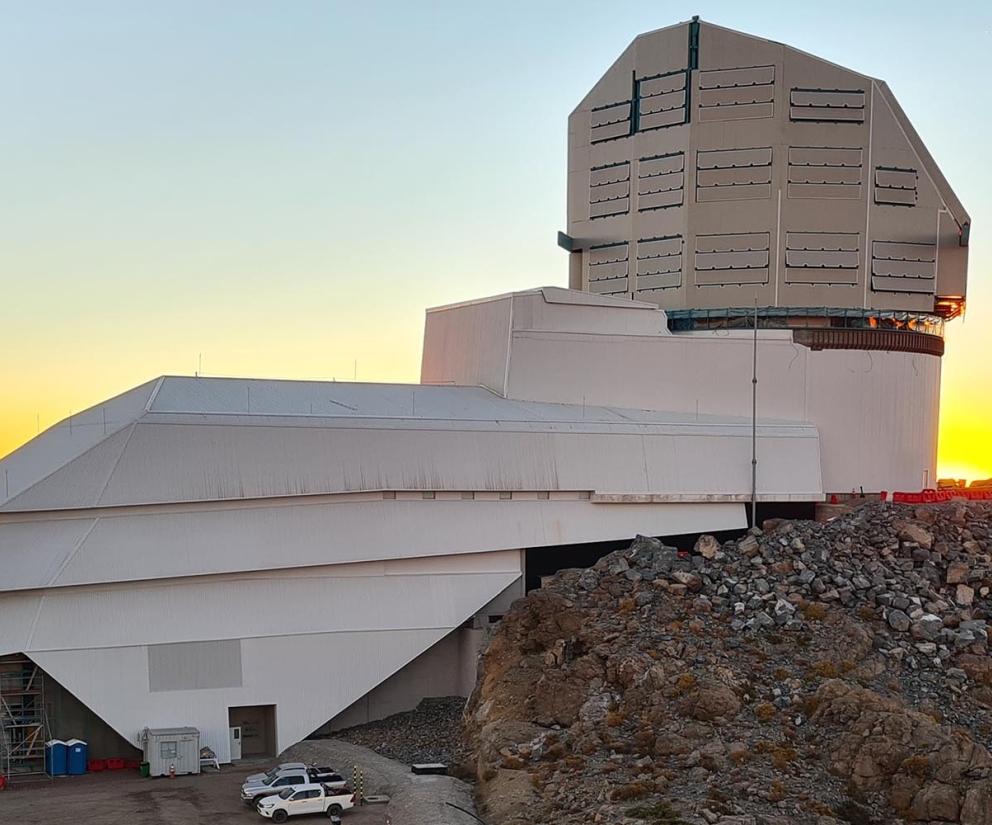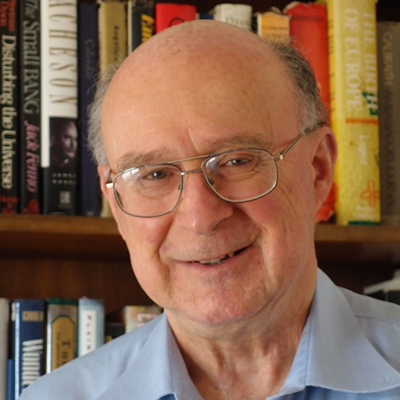Remembering James Bardeen
James Bardeen was a respected scientist who made pioneering contributions to both black hole physics and cosmology.
He was also an admired collaborator and friend to many in the Perimeter community, making regular visits as a Distinguished Visiting Research Chair (DVRC) from 2011 to 2020.
The research community at Perimeter and around the world was saddened by the news of Bardeen’s passing at age 83 on June 20, 2022.
“He had been ill recently, but before the pandemic he had been a DVRC for many years, during which time he had devotedly come for a long visit to PI every year,” recalls Faculty member Latham Boyle. “I was lucky enough to be his assigned host, which was a thrill for me since he was a hero of mine.”
With Stephen Hawking and Brandon Carter, Bardeen wrote the 1972 landmark paper “Four Laws of Black Hole Mechanics,” which led to the discovery of Hawking radiation. He wrote highly influential papers about rotating black holes, and predicted the presence of a black hole “shadow,” which is now being experimentally demonstrated with incredible precision by the Event Horizon Telescope (EHT).
In other work, Bardeen explained the ways that tiny fluctuations in the density of matter and energy in the early universe would lead to the arrangement of galaxies we see today.
Bardeen came from a family of exceptional scientists. His father, John Bardeen, won the Nobel Prize in Physics two times (first for inventing the transistor, and then for his work on superconductivity). His mother, Jane Maxwell Bardeen, was a zoologist and high school teacher. His brother, William, is an expert on quantum theory at the Fermi National Accelerator Laboratory in Illinois.
“James Bardeen was an exceptional theoretical physicist and an exceptional human being,” says Perimeter Director Robert Myers. “We are saddened by his loss, but we will always be grateful for the time that he spent with us at the Institute. The Perimeter community was always enriched by his presence.”
In his later career, Bardeen visited Perimeter to collaborate with colleagues, attend talks, and surround himself with new ideas.
During one such visit, Boyle recalls, Bardeen attended a screening of the 2013 science documentary Particle Fever, about research at CERN’s Large Hadron Collider, and had been moved to tears by its beautiful depiction of the scientific journey.
“He was an extremely kind and modest person.”
Further exploration
About PI
Perimeter Institute is the world’s largest research hub devoted to theoretical physics. The independent Institute was founded in 1999 to foster breakthroughs in the fundamental understanding of our universe, from the smallest particles to the entire cosmos. Research at Perimeter is motivated by the understanding that fundamental science advances human knowledge and catalyzes innovation, and that today’s theoretical physics is tomorrow’s technology. Located in the Region of Waterloo, the not-for-profit Institute is a unique public-private endeavour, including the Governments of Ontario and Canada, that enables cutting-edge research, trains the next generation of scientific pioneers, and shares the power of physics through award-winning educational outreach and public engagement.


